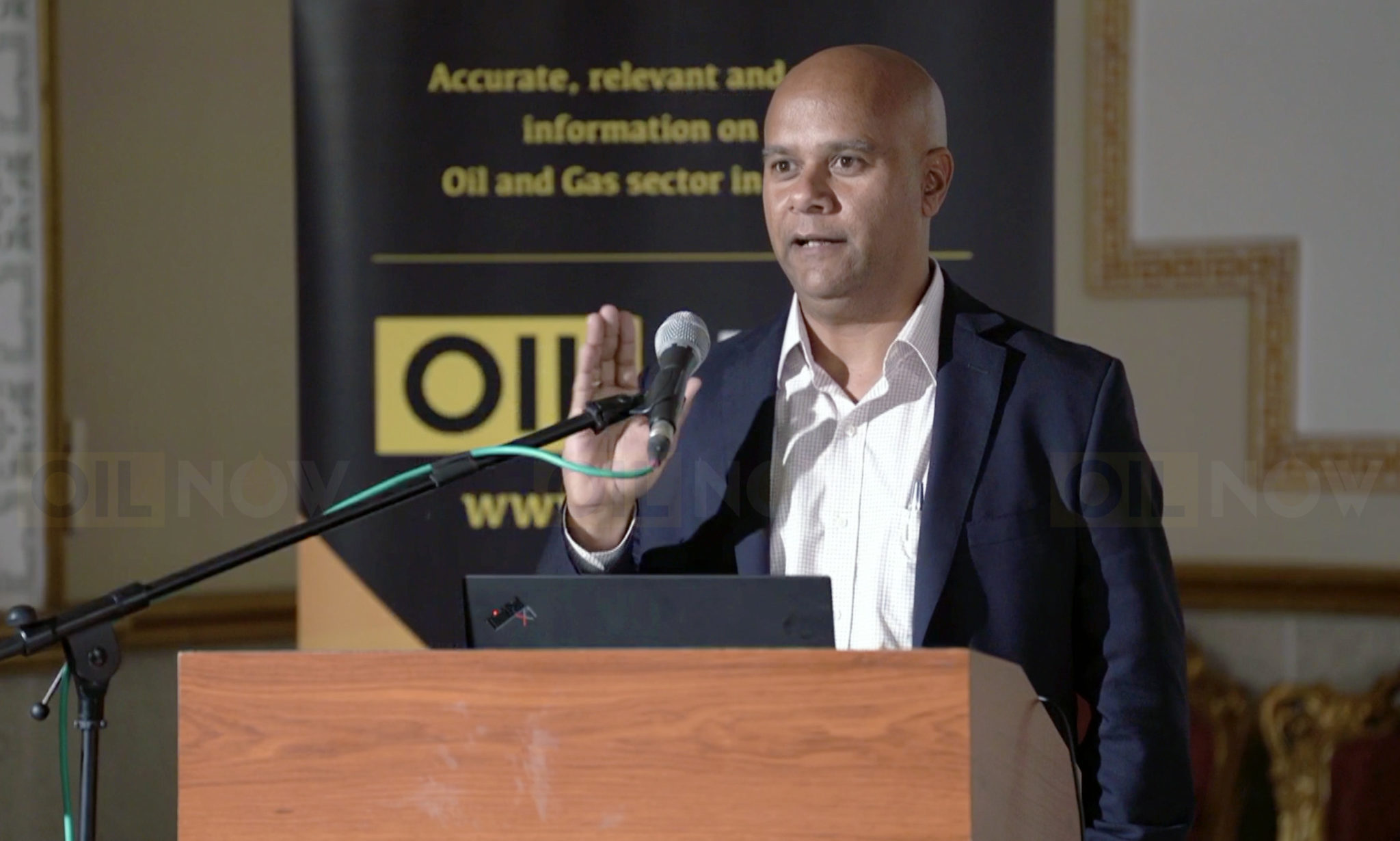New to the global oil-producing scene, Guyana has received endless forewarnings about not falling into the trap of the dreaded ‘Resource Curse’ or ‘Dutch Disease’ – the cause of significant challenges for many oil-rich nations.
The government has said it is keen on doing everything in its power to avoid heading down this path and according to the President of the Georgetown Chamber of Commerce and Industry (GCCI) Timothy Tucker, pushing the development of micro, small and medium-sized enterprises (MSMEs) is a key part of this strategy.
Tucker made the remarks during a recently held OilNOW/GCCI forum where International Economist Dr. Justin Ram presented his study on Guyana’s Gas-to-Energy project.
Trinidad’s oil-driven economy in shambles; Guyana working to be an exception – VP Jagdeo | OilNOW
There, Tucker said, “the real engine, the growth and what will make us avoid the Dutch disease is the development of MSMEs – there is nothing greater than micro, small and medium-sized enterprises finding their niche and growing their unique markets with innovative ideas,” Tucker outlined.
The Gas-to-Energy project is a step in the right direction for MSMEs, Tucker said, with a reduction in energy costs and subsequent reduction in manufacturing costs expected.
Authorities want banks to accept oil contracts as collateral from local companies | OilNOW
But on the other hand, though, he was keen to note that access to land and financing for MSMEs are two critical areas that still need to be addressed.
The issue of accessing finance was also raised by the Director at the Centre for Local Business Development (CLBD), Dr. Natasha Gaskin-Peters who had highlighted that several local companies have acquired the necessary capabilities but are still facing that proverbial brick wall when trying to access oil sector contracts.
Guyana seems to be headed along the right path to avoid the resource curse by working towards a diversified economy. While the country works to rapidly develop its oil and gas resources, the government is investing in its other sectors mainly infrastructure, education and agriculture.



